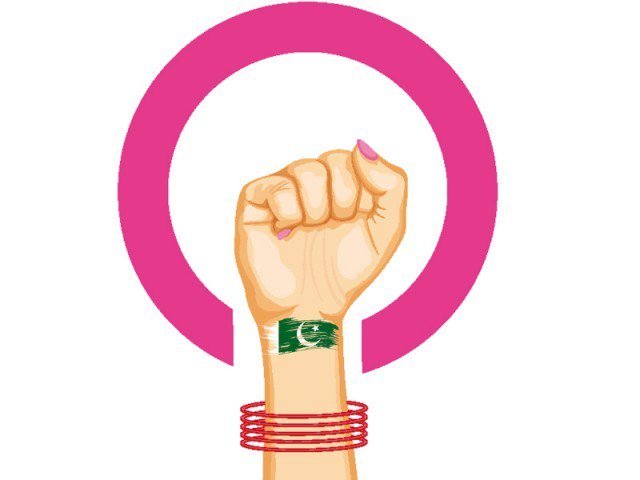
ISLAMABAD: Writers and activists, while highlighting regressive patriarchal narratives in the history of various languages in the country, stressed the need for propagation of feminist thought.
A woman is more than her social status. She should understand herself and others should understand her, as well. This was said by Dr Najeeba Arif during the final day of Pakistan Mother Languages Literature Festival.
She was speaking at a session “Feminist literature in Pakistani mother languages” on Sunday.

“A woman is always judged by a frame of reference — a man,” she said.
“A woman should not be compared with a man, be it mental or physical standards,” she added.
Human rights activist Tahira Abdullah moderated the session.
“Our history is same, whatever language it is,” she said.
While all of the panellists were women, majority in the audience were men.
The session primarily focused on feminism and poetry in mother languages.
“Heer is the symbol of resistance,” Sarwat Muhiuddin, a Punjabi poet, said, while speaking about activism by women against pressures of society.
She said that it was a complete picture of a society, in which a woman challenges its double standards.
Muhiuddin also narrated her poem “Bol kuray tu bol” and received a round of applause from the audience.
Scholar Sadia Kamal explained how she faced resistance when she decided to write her thesis on feminism in Saraiki literature.
She said that people around her were of the view that feminism was a Western phenomenon.
“There is a need to understand feminism,” Kamal said.
“It is about giving women their due rights,” she added.
Kamal, while referring to a number of Saraiki poets and writers said that the work of Hazrat Khwaja Ghulam Farid overflowed with feminist ideals.
University of Balochistan Faculty of Literature and Languages Dean Dr Zeenat Sana gave a historical overview of feminist literature in Balochi language.
Poet Tahira Ahsas Jattak, who writes in Brahvi, Balochi and Urdu languages, recalled that she faced a lot of resistance during her career but the same people now appreciated her due to her achievements.
Poet and feminist writer Sameena Qadir said role of women writers and poets of Pashto language was defined by the fact that folklores and tappay were written only by women, through which they expressed their feelings.
Amar Sindhu, poet and writer from Sindh, said that in the works of almost all women poets, the beloved took the shape of a murshid or god.
“A woman can never openly express her feelings given the social constraints,” she said.
“A woman has to face many pressures and challenges,” Sindu said.
Published in The Express Tribune, February 22nd, 2016.







































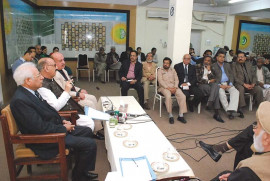
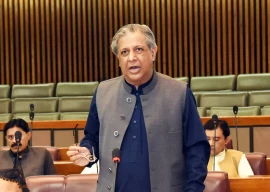
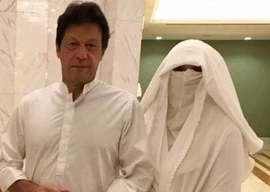
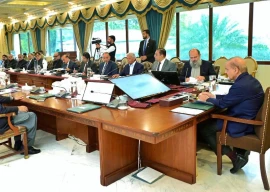























COMMENTS
Comments are moderated and generally will be posted if they are on-topic and not abusive.
For more information, please see our Comments FAQ